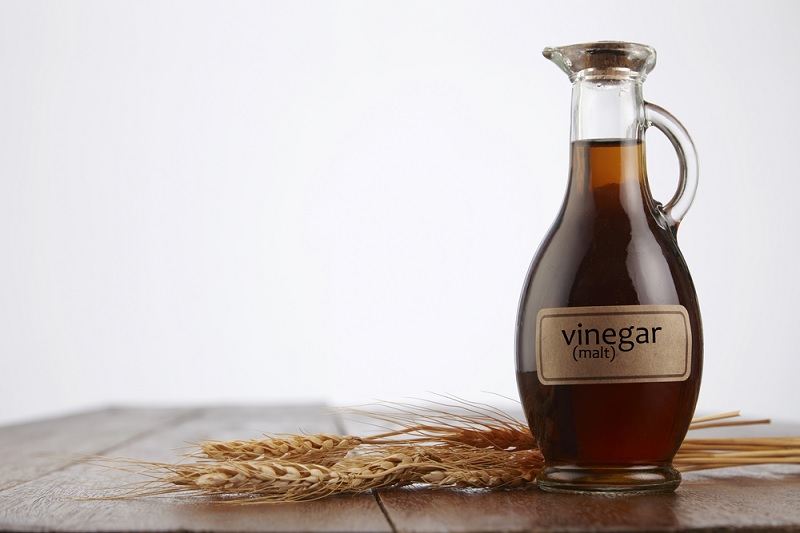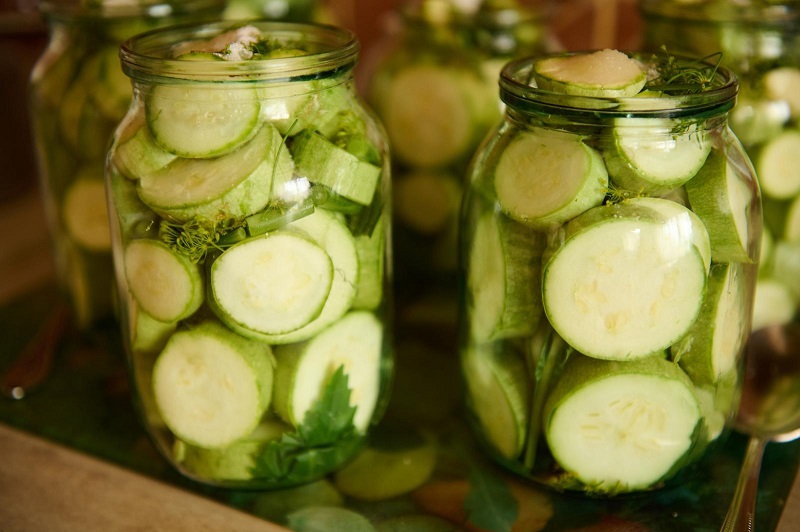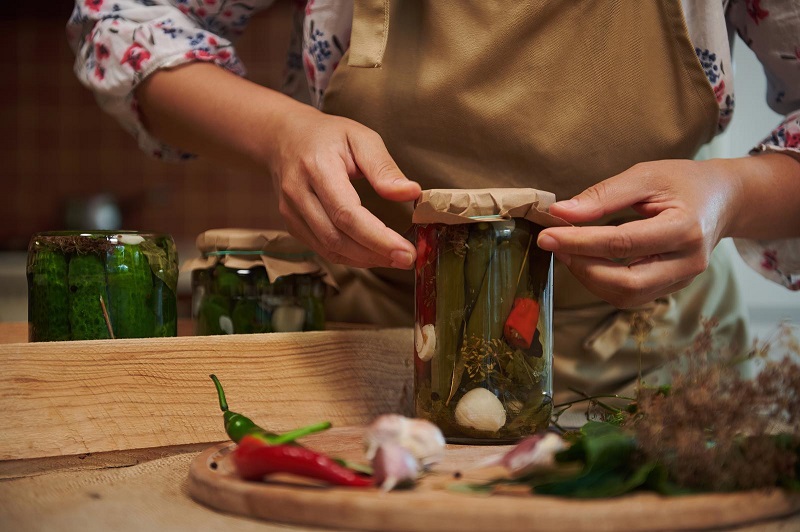Pickling fruit and vegetables in vinegar is a great way to preserve them so they can be enjoyed at a later date.
While you can easily pick up a jar of pickled onions at the supermarket, you can also create your own brine and preserve your vegetables at home. This is an excellent idea for anyone who grows their own food and wants to prevent waste.
When creating a brine for your fruit and vegetables to sit in, it’s essential that you choose the suitable vinegar for the job. Pick the wrong one, and the food won’t be properly preserved or could come out tasting wrong.
There are so many different types of vinegar out there that it can be hard to know which one to choose.
Malt vinegar is the ideal choice for many, as it is a common household ingredient. However, you want to be sure that this will adequately preserve your food before using it.
So, can you use malt vinegar for pickling? Or is there a better alternative out there?
Can Malt Vinegar Be Used for Pickling?
Malt vinegar can indeed be used to pickle a range of foods. In fact, it is one of the best options out there.
Firstly, it scores well in terms of convenience. It is easy to get a hold of this type of vinegar from all local supermarkets. Many of you will even have a bottle sitting in your kitchen cupboard.
Another reason malt vinegar is effective at pickling is because it is typically made up of at least 5% acetic acid.
When pickling fruit and vegetables, you need to use vinegar that contains no less than 5% acetic acid. This acid prevents the growth of mould and bacteria in the jar, therefore preserving your food for longer.
The more acidic your vinegar is, the longer your pickled vegetables will last.

What Are the Disadvantages of Using Malt Vinegar for Pickling?
Malt vinegar is one of the best kinds of vinegar for pickling for the reasons given above. However, there are some drawbacks to consider:
- Discolouration: Malt vinegar is made from malted barley, causing it to be dark brown in colour. Preserving vegetables in this vinegar will consequently cause them to turn slightly brown. They are still perfectly fine to eat, but you may prefer another option if you’re concerned about the appearance.
- Strong taste: While malt vinegar can be used to pickle any kind of fruit and vegetables, it does have a strong, distinct taste that can be overpowering. This isn’t overly noticeable when pickling vegetables like pearl onions or beetroot, but a more subtle vinegar may be preferable for some. This is especially true with milder food, such as fruit or eggs.
If you would rather try a vinegar that isn’t as overpowering, some of the best alternatives include:
- Cider vinegar
- Wine vinegar
- Distilled white vinegar

How Do You Pickle Vegetables?
When pickling fruit and vegetables, there are many different recipes to choose from. However, our step-by-step guide for pickling in a simple brine is given below.
Any additional seasoning can be added to your pickling jars between steps 3 and 4 if desired.
- Wash your vegetables and slice them into chunks (if necessary).
- Blanch your vegetables in a pot of boiling water for 2 minutes before transferring them to a bowl of ice water to cool.
- Divide the vegetables between your jars.
- In a large saucepan, create 1.4 litres of brine that is made up of half water and half vinegar.
- Bring the brine to a boil.
- Add sea salt and sugar to the pan, stir until it is dissolved, and boil your brine for 2 minutes. For a sweet brine, you need to use 30g of salt with 300g of sugar. For a sour brine, you will need 35g of salt with 25g of sugar.
- Fill each of your jars with the brine, ensuring the vegetables are fully covered and leaving a ½ inch gap at the top.
- Replace the lids on the jars, leave them to cool, and then store them in the refrigerator for up to 2 months.
If you want your preserves to last longer than a few months, you can buy canning jars for your pickles and professionally seal them using a pressure cooker.
This will give you a product similar to those found in supermarkets and last in your cupboard for up to a year.

Hannah is a freelance content writer and self-proclaimed foodie. When Hannah isn’t sitting tapping at her laptop, you’ll probably find her in the kitchen. As an ex-chalet host, she’s used to cooking four-course meals for 10+ people and loves feeding friends and family whenever possible.

